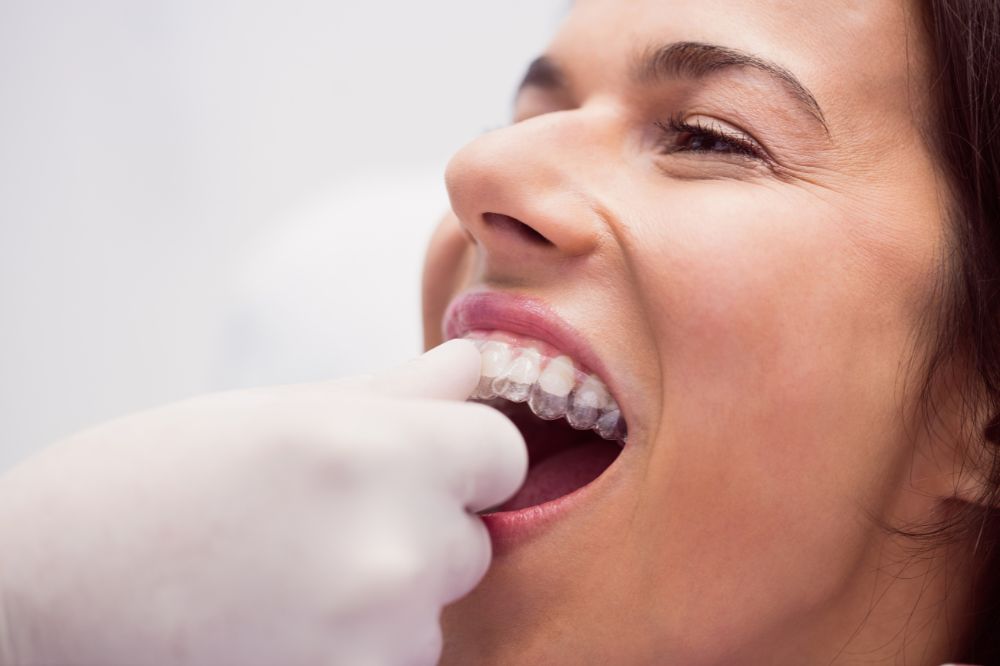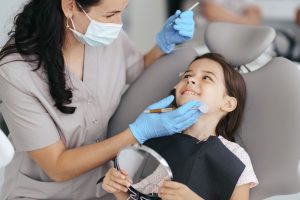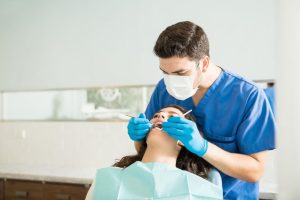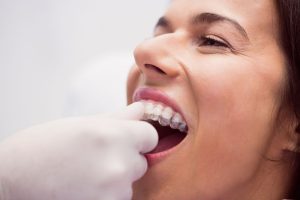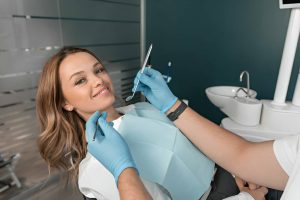Are you interested in straightening your teeth using Invisalign but are unsure what is involved? Invisalign in Coquitlam provides a comfortable and invisible method of straightening teeth without the use of braces. Knowing what to expect during your treatment can help you feel both prepared and excited as you start your journey to straighter teeth.
What to Expect When First Wearing Invisalign?
The first few days will feel unusual, but that is expected. Here’s what you might experience:
- Slight pressure or tightness: This is a normal reaction of the aligners gently moving your teeth.
- Speech: If there are speech changes, they usually will go away in a very short time. You may even experience a slight lisp.
- Increased saliva: This is your mouth adjusting to your new aligner.
- Minor discomfort: This is generally mild and can be managed with over-the-counter pain relief.
Getting used to your aligners is usually quick, and most people adapt within a week.
How Much Should You Wear Invisalign Each Day?
When it comes to an effective treatment, you must wear your aligners consistently. Dentists recommend wearing your aligners 20–22 hours per day, only removing them to eat, drink, or brush. Wearing your aligners as instructed allows your treatment to stay on track.
Do I Have to Brush Every Time I Eat with Invisalign?
You don’t need to brush after everything you eat with your aligners in. That said, you should seriously consider brushing for a couple of reasons:
- Avoiding stains and odors: Food can become trapped.
- Minimize tooth decay: If not cleaned, aligners will trap sugar and acids on your teeth.
- Keep aligners clear: Brushing regularly helps avoid discoloration of your aligners.
At a minimum, it is a good habit to rinse your teeth and aligners after any snack and fully brush at least twice per day.
What to Expect Throughout Treatment?
Invisalign works step by step, with each aligner worn for about 1–2 weeks.
- Regular check-ups: Your dentist in Coquitlam will check how your teeth are moving.
- Minor modifications: Additional attachments or refinements may be added from time to time.
- Time to treat: Most treatments are completed in 12–18 months, depending on the complexity.
- Comfort along the way: The aligners are removable, so it is easy to eat, brush, and floss.
How Is Invisalign Different From Traditional Braces?
- Appearance: Aligners are clear and practically invisible; traditional braces are metal brackets and wires that are clearly visible.
- Removability: Your aligners can be taken out when you eat, drink, and brush your teeth… they are not stuck in your mouth like braces are.
- Comfort: Invisalign is less damaging to your mouth and your teeth while moving your teeth. They usually hurt less than braces, which can hurt your mouth and cause redness or soreness.
- Teeth cleaning: Aligners allow for easy brushing and flossing, whereas braces require assistance from a special dental tool to make sure your teeth stay clean.
- Lifestyle flexibility: When playing sports, at social functions, or on special occasions, aligners offer you the flexibility to remove them; no fixed braces can offer this level of freedom.
This simple point-form comparison summarizes why patients often choose the comfort and vagueness of Invisalign.
Discover Your Invisalign Treatment Options!
Want to fix your teeth without wearing braces? Invisalign in Coquitlam is a comfortable and almost invisible way to fix your teeth. Knowing what to expect, brushing after meals, and most importantly, committing to your treatment plan will keep you on track. With the guidance of Dr. Ross Dental, you can enhance your smile safely and easily.
FAQs
Can I eat with Invisalign aligners on?
No. You have to take them out so they don’t get damaged or stained.
Will Invisalign affect my speech long-term?
Speech typically returns to normal after a few days of wearing the aligners.
How can I keep my aligners clean?
Use a soft brush with clear antibacterial soap or with Invisalign cleaning crystals.
Is there an age limit for Invisalign?
No, Invisalign is okay for most teens and adults who have all their teeth developed.
What if Invisalign doesn’t work for me?
If Invisalign doesn’t provide the results you want, your dentist may suggest alternatives.

